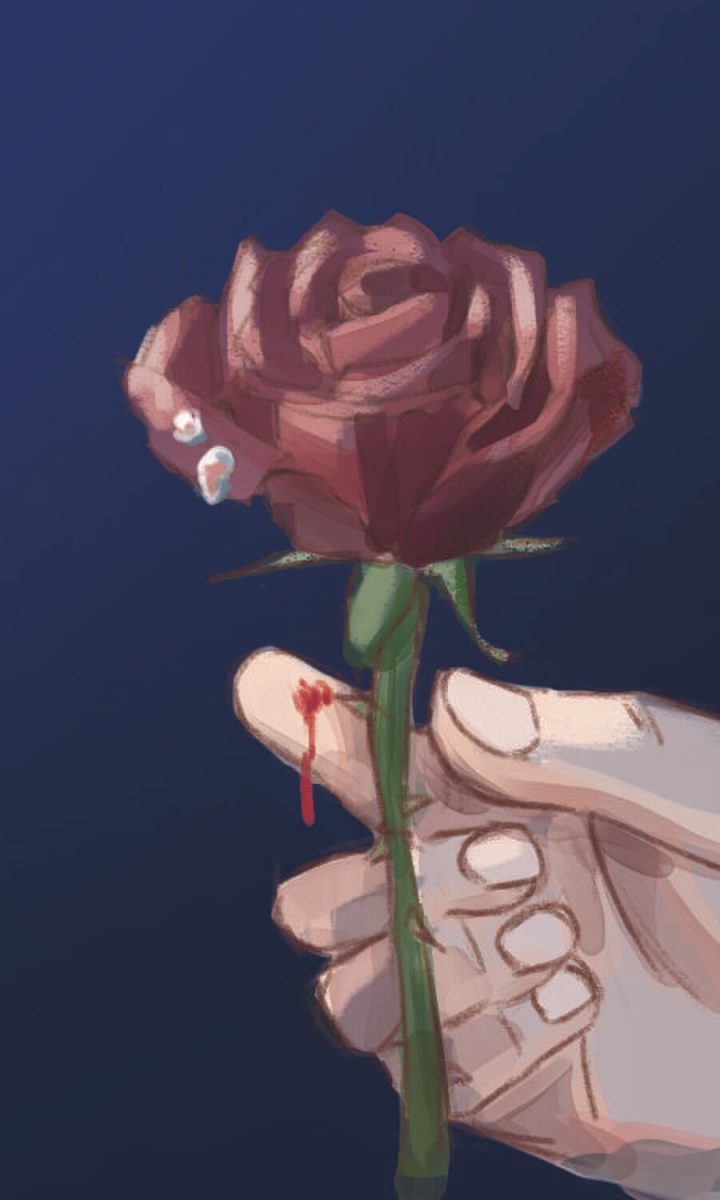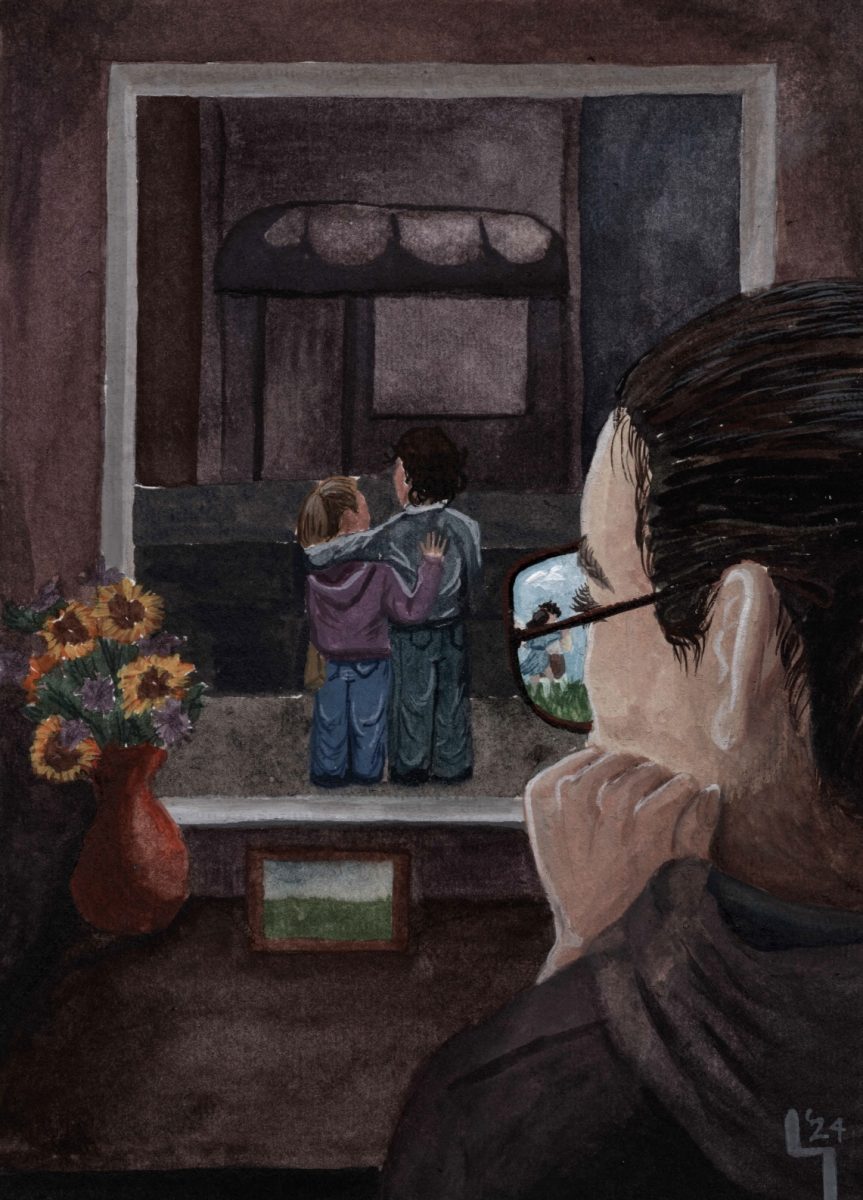Roses are beautiful. They bloom to showcase their vibrant red color. But under the petals, along the stem of the rose lie thorns for anyone attempting to touch it.
A rose is meant to be looked at. Gazing upon it is one of the greatest pleasures nature bestows upon mankind. A picturesque image of elegance that captivates our sight. But you mustn’t touch or the consequences will follow. Take caution.
Just as roses have their defensive mechanism, so do we.
We bloom when we feel beautiful. When we see something happy, we too are happy. And when we get excited, the expression paints our faces like we’ve been created by a 19th century artist. It’s uncontrollable and infectious to the extent that if not contained, it could become a communicable disease spreading like wildfire.
Yet the thorns are a part of us. Below all that happiness, our thorns repel anything too close for our comfort. Our insecurities, sorrow and pain lie beneath the petals and need to be protected for our safety — we can’t express this side of ourselves.
These thorns are a part of our personality that help us protect our peace. If you get too close, you might get hurt. There’s just some things that not everyone should have access to, and we put up these barriers not because they don’t deserve our true selves but because we know that showcasing that side of us isn’t attractive.
We go about our lives with these thorns hoping it won’t scare our future significant other — unfortunately, it does. When we try to open up and show these thorns as a part of our identity, they run away like prey when it knows it’s in danger.
So what happens then? If we want to bare ourselves to our partner — nothing standing in the way between their heart and ours — how is one supposed to know these thorns exist and are a part of us if the thorns enclose these emotions? Are these thorns supposed to stay there forever?
The person who is able to de-thorn you is the one to cherish you forever.
Letting down our guard is one of the greatest acts of love one can show. No one likes to be vulnerable, but you can’t do this alone. This game requires two players, and each of you has a role in taking these thorns off one another.
In order for someone to de-thorn you, they must be able to look past the beautiful petals and recognize that there are in fact thorns that disallow this rose from being touched or held. They must see these insecurities, sorrow and pain and slowly but surely remove them from your inner being. They take you not only for your beauty, but also your danger, the thing that scares people away the most, and are willing to help you become less of a danger to yourself and others and make you a better person.
They pluck you out of the soil, remove your thorns and say, “This is mine. I know that you’re hurting, but you don’t have to hurt alone. Share this pain with me.” They alter you not so you become weaker and lack defense, but to make you stronger because of this mutualistic relationship. You both benefit as these thorns get plucked; now nothing can keep your hearts from conjoining into one singular being.
We the rose are now affirmed that we have been safely plucked from the roots, de-thorned and held by the one who wants us. It’s the greatest display of love — two roses withering away together is stronger than a singular one deteriorating alone.
We can look at our thorns in a pessimistic or fruitful way. They can do damage to people, but if they’re handled with care, they can be used for good. All the negative parts of who we are cause strife, but by acknowledging this, we can start to become the beautiful rose we are destined to be with the one that we love.
Alphonse Karr puts it best: “You complain about seeing thorny rose bushes; Me, I rejoice and give thanks to the gods that thorns have roses.”
Joshua Abraham is a kinesiology junior and opinion writer for The Battalion.
















